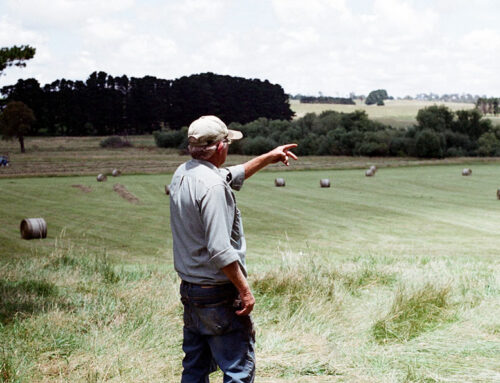|
October 7, 2013 Dear Representatives: We, the undersigned diverse array of agriculture, business, environment, food retail, hunger, taxpayer, and public interest groups, commend the Energy and Commerce Committee for the comprehensive review undertaken this year of the Renewable Fuel Standard (RFS). We understand that the Committee is now considering possible legislative proposals for reform of the RFS. We ask that any legislation that the Committee considers recognizes and addresses the havoc that the corn ethanol mandate has placed on the multitude of stakeholder interests represented on this letter. While our reasons vary, all of us have long maintained that the RFS is a uniquely flawed policy. The mandate on corn-based ethanol in particular has had a devastating effect on the entire food economy from livestock and poultry producers facing record feed costs, to food retailers facing record food costs, to consumers here and abroad struggling to balance food budgets in tough economic times. Some signers of this letter also question the propriety of Congress establishing production quota and guaranteed market shares for any type of commercial business. Ethanol from corn also is concerning to many due to its global warming impact and the use of natural resources such as water and native grassland for producing fuel. The corn-based ethanol mandate is also having a devastating impact in communities throughout the world, where people living in poverty are facing increased food prices that threaten their food and land security. Corn ethanol has cost taxpayers and consumers billions of dollars in tax credits, tariffs, and other subsidies over the past thirty years; while the most expensive tax credit – the Volumetric Ethanol Excise Tax Credit – expired at the end of 2011, ethanol subsidies live on through farm bill energy title programs and other federal incentives. All of these concerns are in addition to concerns over higher blends of ethanol in the fuel system that have created significant safety and liability problems with boats, recreation and lawn equipment, as well as motorcycles and legacy vehicles. Although the problems created by the RFS in terms of RINs and the approaching “blend wall” are significant and need to be addressed, so too do the problems the RFS imposes on the food chain, consumers, taxpayers, and the environment. As such, any RFS proposal advanced by the Committee should include significant, meaningful and permanent decreases in the conventional biofuels (corn ethanol) mandate. As the Committee’s process of review of the RFS continues through the legislative stage, we hope it is characterized by the same thoughtful, deliberate approach with which the review was begun. Starting with a series of white papers to gather stakeholder perspectives on the policy and continuing through the summer with two hearings to receive testimony from both government and public witnesses, we thank the Committee for its thoughtful and thorough approach with an eye toward reaching bipartisan consensus. It was heartening to see the Committee proceed in such a manner, and we thank Chairman Upton, Ranking Member Waxman, and Subcommittee Chairman Whitfield and Ranking Member Rush for executing this comprehensive review in this manner. A commitment to an open, transparent, and inclusive process that provides all stakeholders an opportunity to review proposals and that provides Members both on and off the Committee a chance to weigh in on the Committee product would be welcomed and appreciated. Thank you for considering these views. Sincerely,
Action Aid USA |












Get Social